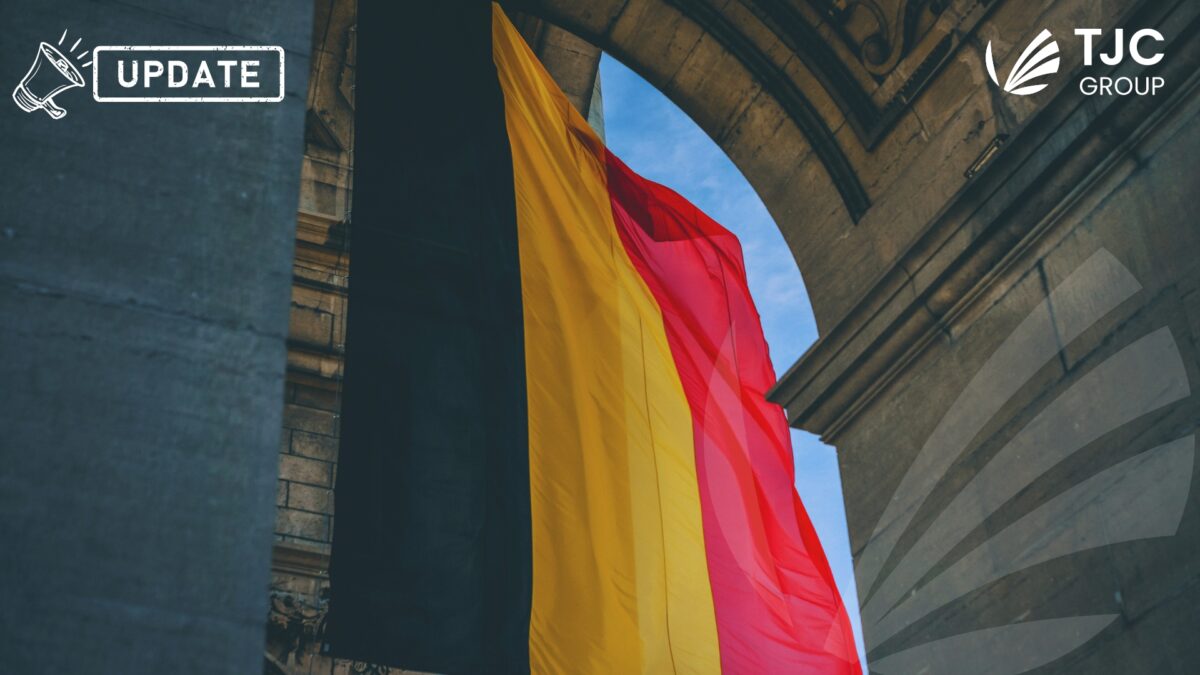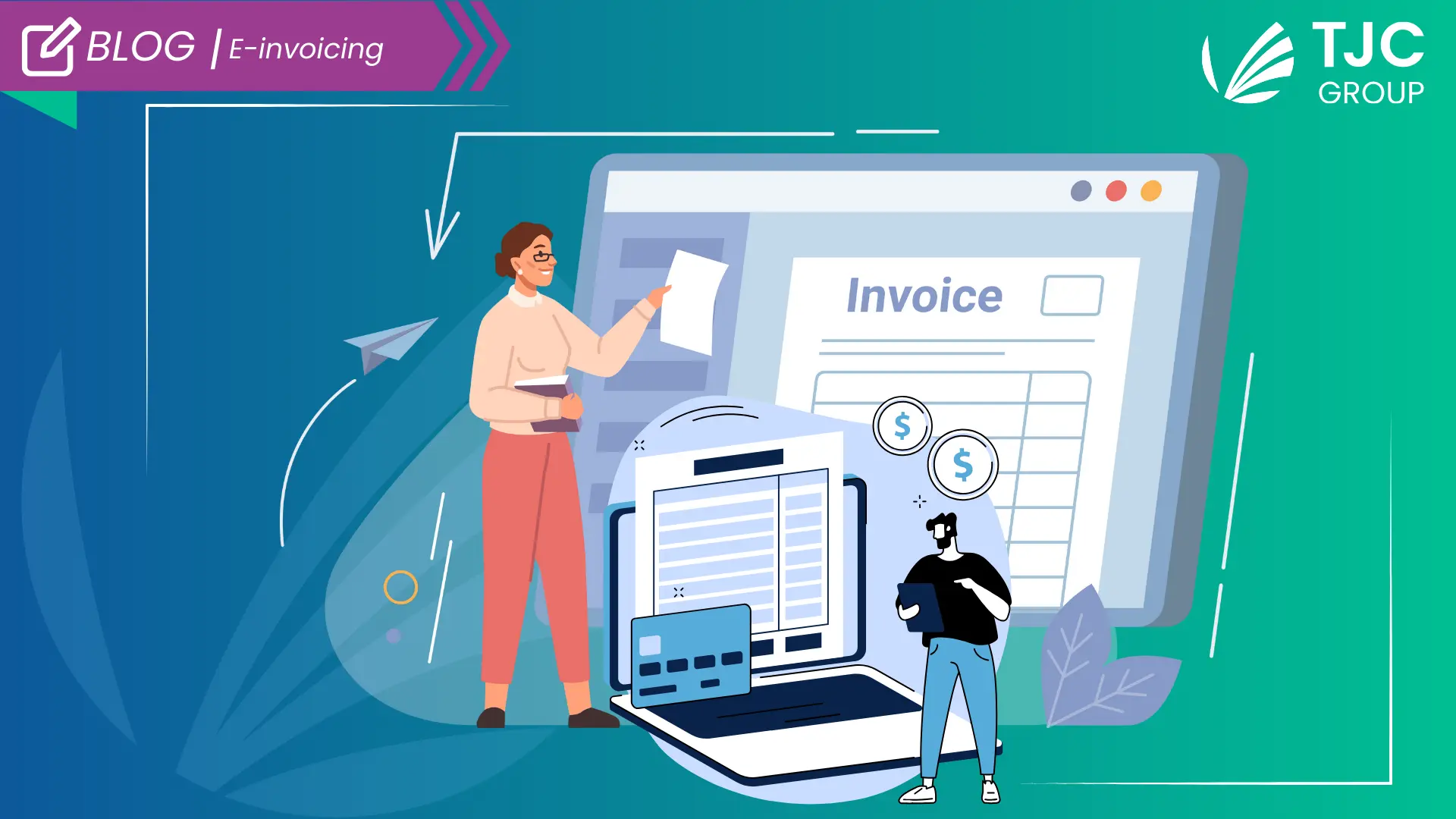22 February 2024
The Belgian parliament announced that the bill legislating for mandatory B2B e-invoicing in Belgium has been gazetted. This means that the mandate is ready to be applicable and adopted from 1st January 2026. Although derogation from the European Commission (EU Directive articles 218 and 232) is still required, it is expected to appear in line with ViDA.
PEPPOL-based e-invoicing for Belgium
The country’s B2B e-invoicing strategy has two stages – 1) PEPPOL-based structure e-invoicing between taxpayers – 4-corner model 2) Enhanced with Continuous Transaction Control (CTC) pre-clearance with tax authorities – 5-corner model.
The 4-corner model initially has no direct government reporting; however, other exchange platforms may be used by mutual agreement, provided it complies with the requirements of the EU. With the 5-corner model, Belgium aims at long-term strategic planning, which includes near-live e-reporting, replacing the annual sales listing report. Furthermore, this will help reduce the VAT Gap and the difference between forecast and collected tax. As per the EU, the latest Belgian VAT Gap for 2023 is estimated at around €2.5bn per annum.
The objective of B2B e-invoicing in Belgium
Belgium primarily aims to synchronise with the EU VAT in the Digital Age plans for the e-invoicing standard – EN 16931 system across the region to ensure interoperability. Under the Digital Reporting Requirement Pillar, the EU has a planned, mandatory structured e-invoicing requisite for intra-community supplies from 2030 and later.
The new regime, however, is limited to companies established in Belgium, local subsidiaries of foreign organisations, and non-resident businesses that have a VAT registration and fixed establishment in the country. An important update in this bill – non-resident businesses will have to accept e-invoices from their resident suppliers in Belgium for any domestic supplies.
To know about the EU’s ViDA or any e-invoicing-related queries, you can connect with our experts here!







